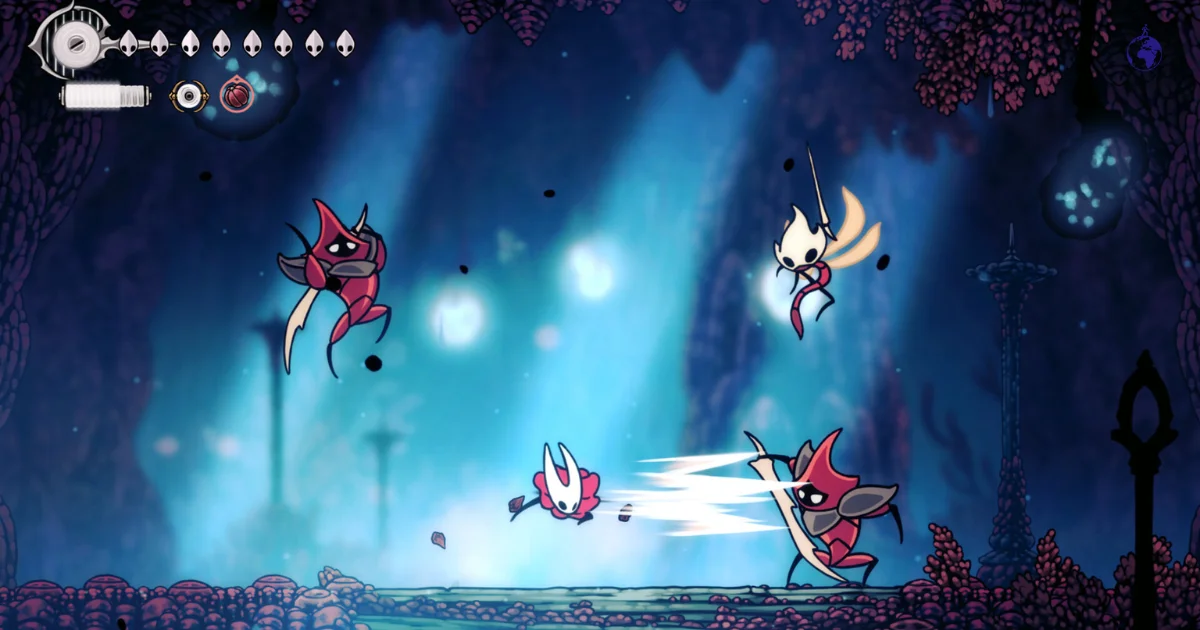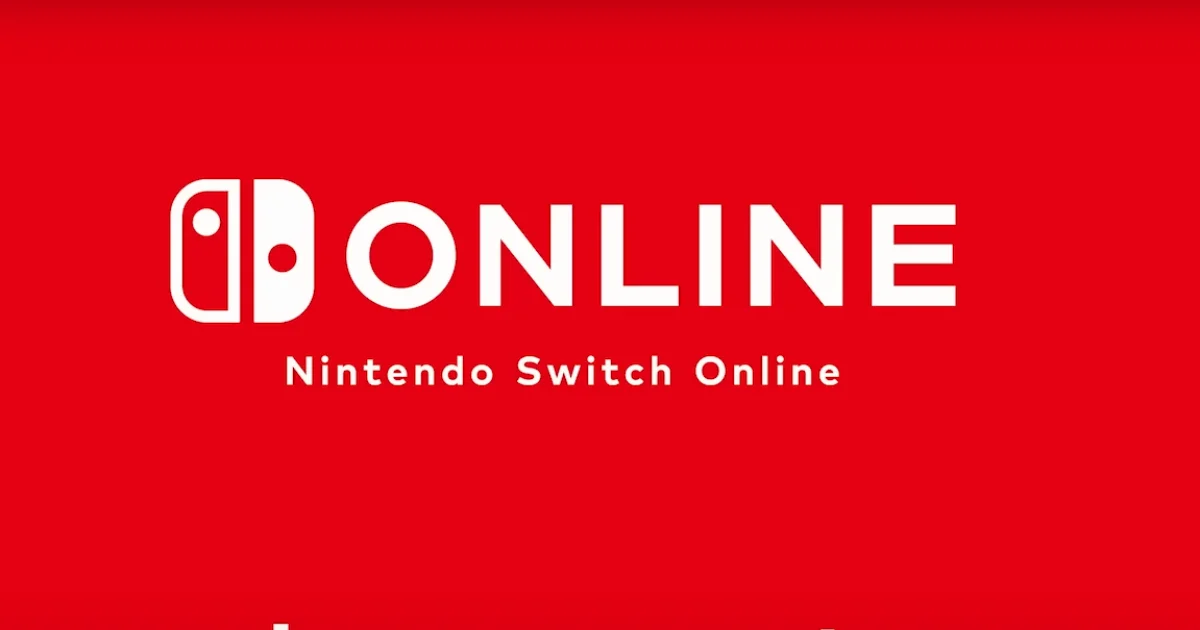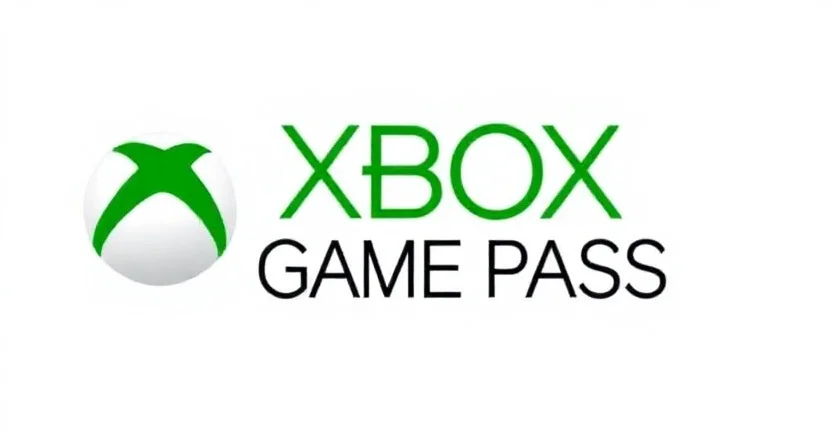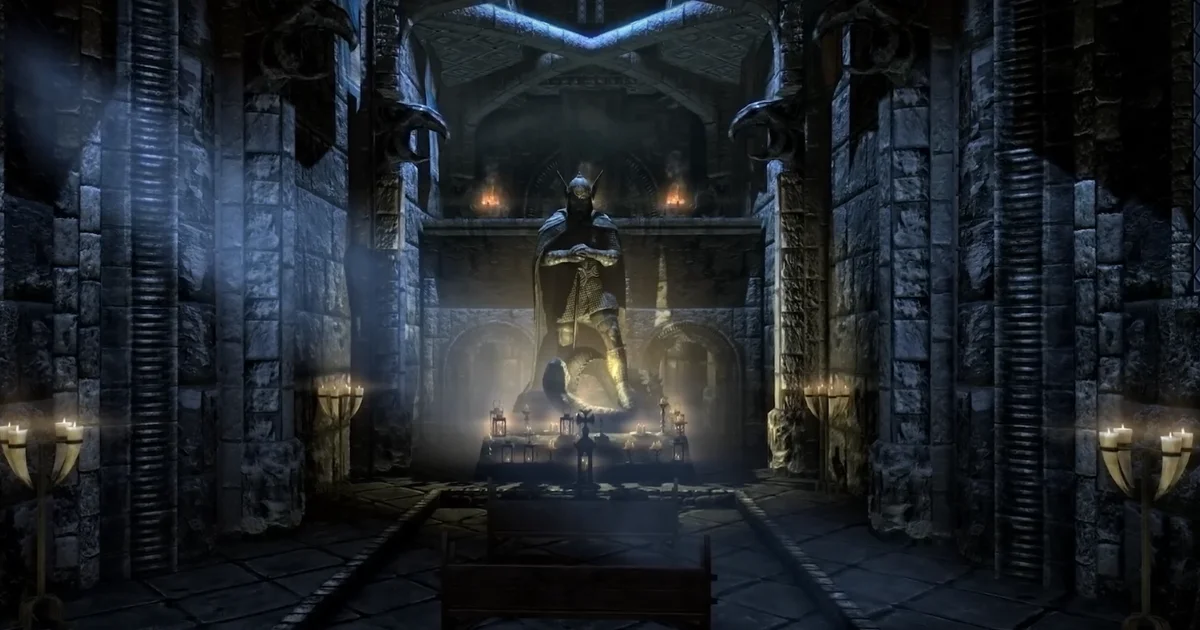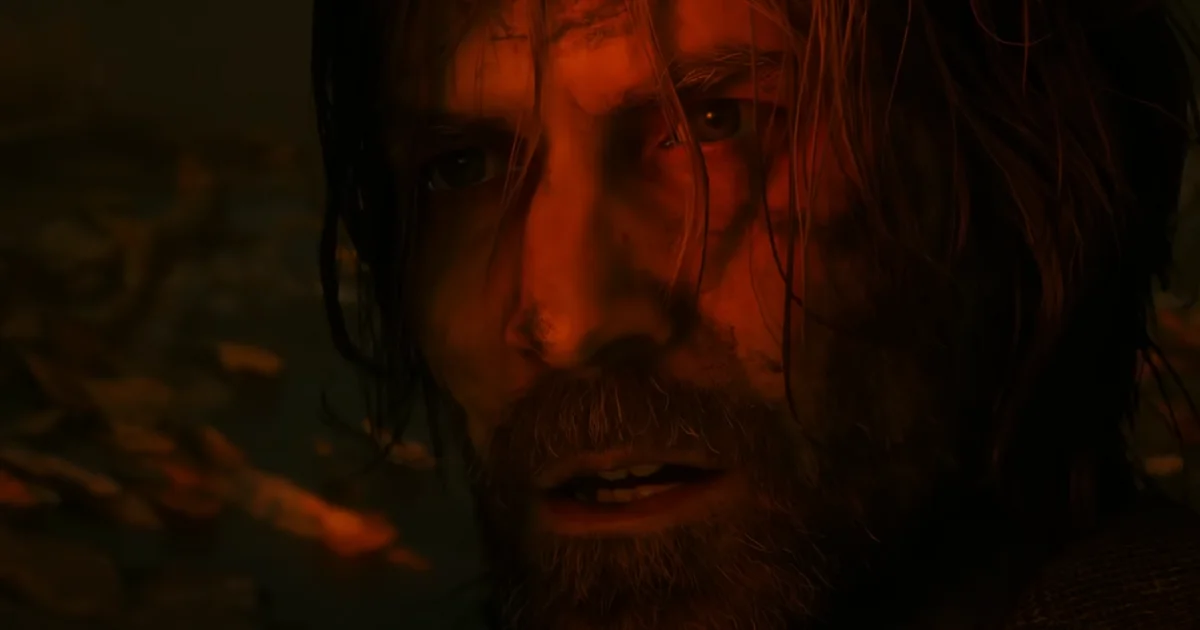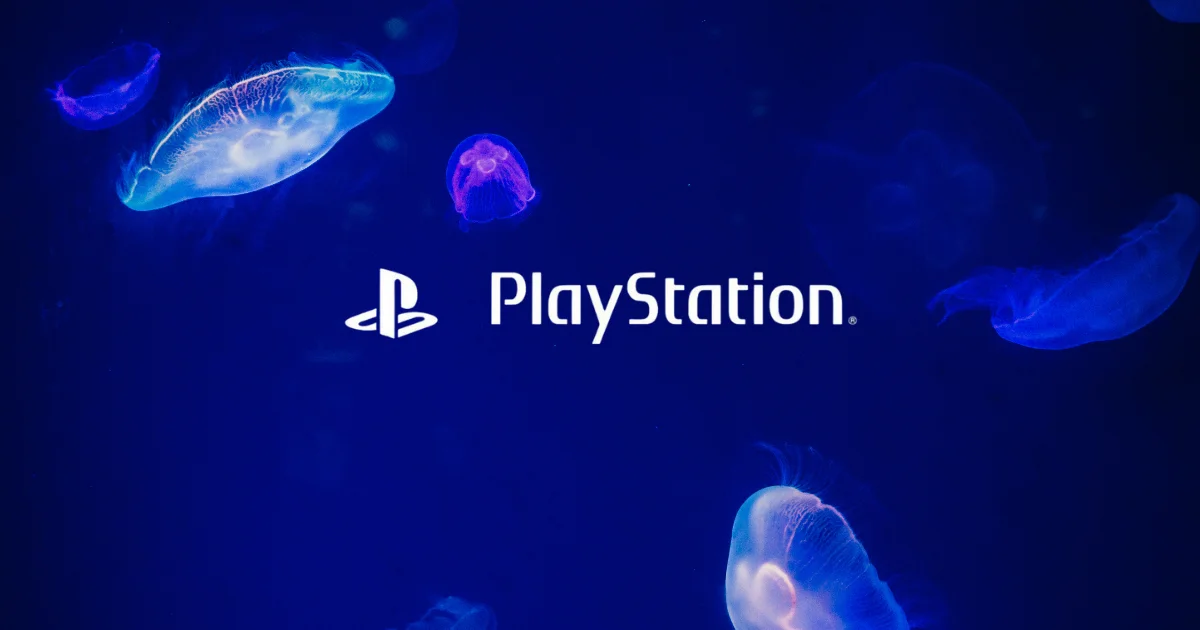
If you tried logging into your PS5 or PS4 last night and couldn’t see your friends list or join a party, you definitely weren’t alone. On September 3, 2025, the PlayStation Network outage left thousands of players scratching their heads as connectivity issues rippled across the globe. Reports started flooding in just after 6:20 PM Eastern Time, and within an hour, outage trackers like Down Detector were showing over 7,000–10,000 complaints.
What made the situation more frustrating is that not everyone was affected in the same way. Some users were able to play online just fine, while others couldn’t even connect to PSN at all. This kind of mixed disruption usually points to a possible DNS-related issue, where the servers respond differently depending on your region or ISP.
Read More: PlayStation Plus Lineup: Psychonauts 2, Stardew Valley, and Viewfinder Arrive Next Month
What Exactly Went Down on PSN?
Based on early outage data, the bulk of the complaints—around 88%—were tied to server connection failures. Another 7% reported login problems, and 5% faced in-game disruptions, like being dropped mid-session or locked out of matchmaking queues.
The most common pain points?
- Parties wouldn’t create properly
- Friends lists failed to load
- Online multiplayer became unplayable
For a platform that thrives on social features, this meant players were cut off from group gaming, voice chat, and their go-to co-op sessions.
Sony’s Radio Silence
Here’s where things get a bit more frustrating. While thousands of players were actively posting their outage reports, the official PlayStation Network status page still listed all services as “up and running.” Even the @AskPlayStation support account on X (formerly Twitter) hadn’t posted any acknowledgment during the peak of the outage.
As a long-time PlayStation watcher, I find this silence especially puzzling. Typically, Sony is quick to at least flag when there’s “intermittent downtime” or a “known issue.” But this time, gamers were left piecing things together from Reddit threads, community posts, and outage trackers—with no clarity from the official channels.
Read More: Hellblade 2 Comes to PS5: Microsoft Brings Its Xbox Hit “Home” to PlayStation
How Big Was the Impact?
From what I saw, this wasn’t a small hiccup limited to one city or one ISP. Reports were coming in from the United States, Europe, India, and parts of Asia, showing that the outage hit globally. If you were trying to squad up in Call of Duty, jump into Fortnite with friends, or even just check who’s online, chances are you got stuck staring at error screens.
The disruption lasted roughly an hour, which is short compared to the infamous February 2025 PSN outage that dragged on for almost 24 hours. Still, for an ecosystem that’s already had a few service disruptions this year, even a one-hour downtime during prime gaming hours feels significant.
Read More: PlayStation Plus Games Announced: Lies of P, Day Z, and My Hero One’s Justice 2 Are Here!
Gamers React Online
As you’d expect, the outage quickly turned into a trending topic across social media. On X (formerly Twitter), frustrated PS5 and PS4 players tagged @AskPlayStation hoping for clarity, while Reddit threads piled up with gamers sharing whether they could—or couldn’t—connect.
Some reported they were mid-match in Fortnite or Call of Duty only to be kicked out, while others complained that their friends lists vanished entirely. A few lucky players claimed they had no issues at all, which only added fuel to the confusion. For anyone affected, the silence from Sony made it feel like you were gaming in the dark with no official word.
How Long Did the Outage Last?
The good news? This wasn’t another all-day disaster. Based on multiple tracking tools like DownForEveryoneOrJustMe and live reports on Reddit, the PSN outage lasted around an hour before services normalized.
By late evening, players began reporting that they could log back in, rejoin parties, and play online again without hiccups. That said, the lack of communication from Sony during that one-hour downtime left many wondering: why didn’t we hear anything while it was happening?
Why This Matters for PlayStation Players
For long-time PlayStation fans like me, this outage is part of a larger pattern. Back in February 2025, PSN went down for nearly 24 hours, marking one of the longest service disruptions in recent memory. And of course, many gamers still remember the 2011 cyberattack, which forced PSN offline for 23 days and compromised millions of accounts.
While last night’s incident was short, it serves as another reminder that the stability of PlayStation Network is crucial—especially now, when so many games rely on constant connectivity. Even an hour of downtime can derail esports matches, weekend raids, or just your casual catch-up with friends online.
What To Do Next Time PSN Goes Down
If this outage taught us anything, it’s that you don’t want to sit around confused while Sony stays quiet. Here’s what you can do if you’re hit by another unexpected PSN downtime:
- Check the official PSN status page – though last night showed it’s not always updated in real-time.
- Visit community trackers like Down Detector or Reddit threads to see if others are experiencing the same issue.
- Restart your router or switch DNS settings – sometimes the problem is regional or ISP-based.
- Always keep a plan B—if PSN goes offline, dive into your favorite single-player adventures or browse Sony’s latest “Ready, Set, Play!” sale for fresh titles to enjoy.
Final Thoughts
The PlayStation Network outage on September 3, 2025 may have lasted only about an hour, but its impact was felt worldwide. With over 7,000 reports logged within minutes, it highlighted just how reliant we are on PSN’s services—not just for gaming, but for staying connected with friends.
For now, everything seems back to normal, but this won’t be the last time PSN faces scrutiny. As gamers, we deserve both a stable online experience and transparent communication when things go wrong.
👉 Were you hit by the outage last night? Drop a comment below with your region and experience—your story might help other gamers piece together the bigger picture.

